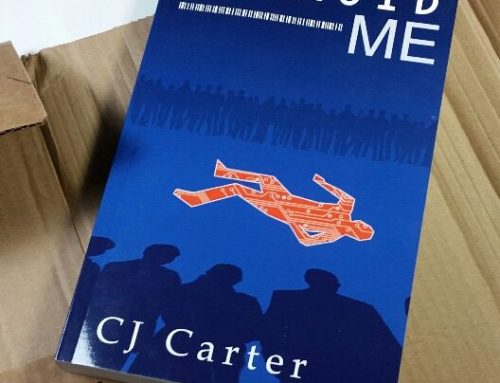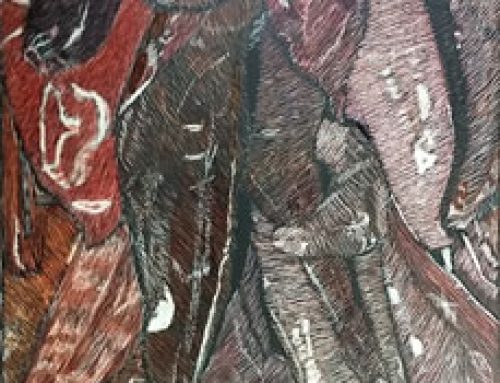I’m getting ready to start prepping the next novel. As with all fiction writers, that means that I need to develop characters, settings, and situations which are relatable and compelling enough to make a reader want to slog through several hundred pages of my imagination. But there’s something that I do, being a SF/F author, that authors in other genres don’t have to: I have to create worlds.
It’s amazing how difficult it is to do that if your goal is to have coherent rules that can be followed by a variety of readers. It’s also very humbling. Take governments, for example. A general- or historical-fiction author simply has to echo the current forms of government or do some research to bring back to life some already recorded form of government. But what if your characters come from a society billions of years old? What if your society has three genders? What if your society is based on the trade of assassination targets? What sort of government(s) exist on such a world?
My first government-building exercise stared with something I knew fairly well: the Constitution of the United States. Given over two centuries of added experience, what changes would I make to this “great experiment?” I was surprised to learn how amazing this blueprint for national management actually was…especially given its brevity. Whenever you tried changing something, and then thought about future real-world ramifications (as opposed to idealized theoretical constructs), it was all too easy to tip the balance in the direction of unintended consequences.
In the end, I made few alterations. It really turns out that it’s no surprise that other attempts to copy our form of government have often crashed and burned. Governments are born out of the society of those who are to be governed. It’s a very fluid thing that requires the agreement of the overwhelming majority in order to function. A lot goes on faith.
This is the frame of mind the author needs to be in when creating the rules of the society(s) in their works. How is the seduction of power balanced with the actual need to get things done? How is the peace maintained? How is justice dispensed? Of all the “-cracy”s and “archy”s around, which one or two form the basis of how things run? Is there a world government, or is it fractured into a variety? If the latter, how do they interact?
Needless to say, the list of questions to be answered goes on and on. Based on a fair sample of stories I’ve read, not too many authors really want to deal with these issues. Thing is, these are some of the most important to deal with when creating the story. How a society functions has a great deal of influence on our characters.
Don’t get me wrong…I think perhaps the single most important thing about writing a story that will grab a reader is to create strong characters. I just go a step beyond simple psychology. You see, I know that if I had been born and raised in Kenya (say), my world view would have been quite a bit different than having lived my life in America. The synergy between government and society totally colors the way the people in a society develop. And a synergy it is. As I said, governance and sociology are partners in this. It’s amazing how daunting this world and society building can be. So much to do, and so much that can go all wonky.
Of course, there is more to this task of creation than what I’ve mentioned. If you are a hard-SF writer, creating worlds means having to figure out orbital dynamics and other miscellaneous fun stuff that has to follow the rules of physics (allowing for the odd McGuffin). Fantasy authors have to create the rules of physics for their worlds. How does magick interact with “normal” physics, and so forth.
In a way, I think all of this development makes living in the real world all that much more interesting. As I mentioned, I have a much greater respect now for the founders of my nation than I did even when I was in college studying this stuff. When you see the processes and the complications of implementing this sort of blueprint — as an author must in an effort to achieve some measure of verisimilitude in their own constructs — it makes it all the more amazing that there’s really any order at all. The nuances of reality are definitely the source of a nearly infinite number of stories.
This medium is obviously too limited to actually go into the process of describing how one goes about creating a government. Certainly it helps to start with something you are familiar with…either because you like it or you despise it. Start tweaking.
Let’s take present-day U.S.A. If we change one small thing…say electing a president via popular vote instead of electors…how does that change things? Do minority voices get pushed aside over time? Do the large metropolitan areas start having disproportionate say over who governs? Does that cause a population shift to those areas so that the people get more of a say? Does this force the government to restrict movement of citizens so that large swaths of the country aren’t left under-populated. If that happens, what if you live in Small Town, SD and you want to move to Mid-size Town, NE? If you are denied, what are your options?
And on and on. Already you can see a story developing. From this we see character motivations forming. That’s the thing, you see. You characters don’t operate in a vacuum. They are influenced by their situation. Since the SF/F author is trying to make an alien world as familiar to the reader as their own, it’s important to take the time to do all the development homework necessary.
Oh yeah, and another important bit is to shove all that in a drawer after you’ve done it and before you start writing. Don’t bore the reader with how much detail you managed to do. Show your brilliance via the subtleties of a culture, not by beating us over the head with it. Not easy, I know. You have to set up something new and unfamiliar, after all. Just don’t go overboard. For example, in my day-to-day life it’s not really that important that I know how a bill becomes a law, and yet hearing a certain news item might spark a desire to contact my elected representative to have my voice heard before a law is made. Like is said for most writing: show, don’t tell.
On the eve of story development, I find myself in the conundrum of being very excited about the process of creation, and also somewhat daunted by the prospect at having to do what the founding fathers only had to do twice. Still, it’s always an interesting ride, and very often a fun one as well.





